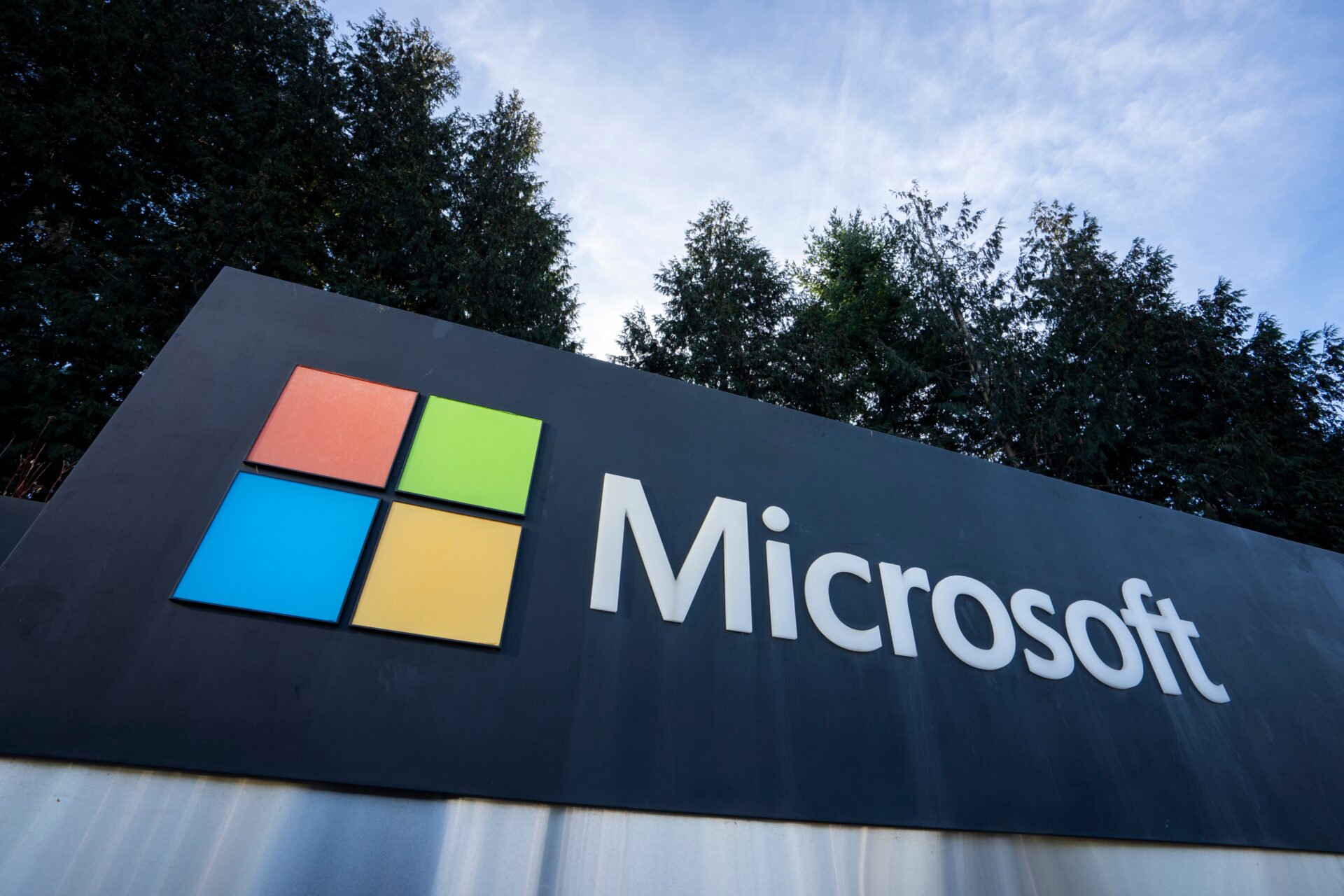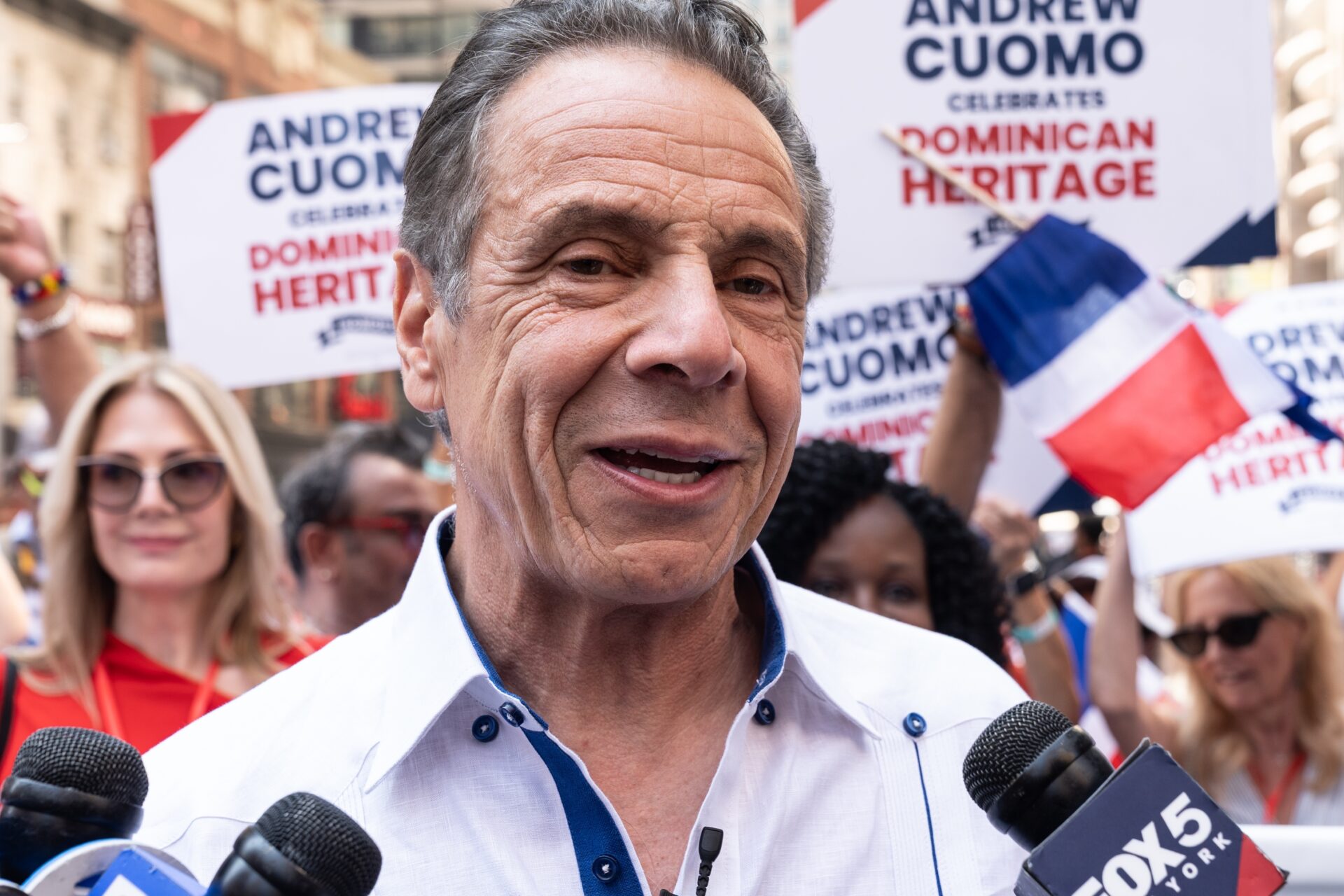
Microsoft BOOTS Gaza Protest Ringleaders!
Microsoft fired four employees for occupying its president’s office during a Gaza protest, sparking federal scrutiny and backlash over free speech and surveillance ties.
At a Glance
- Four Microsoft workers fired for barricading Brad Smith’s office
- Smith said the protest broke company conduct rules
- External probe launched into Azure’s alleged use in Gaza surveillance
- FBI tracked employee protests reportedly at Microsoft’s request
- Employee activist group “No Azure for Apartheid” led protest actions
Microsoft Draws the Line on Dissent
Microsoft President Brad Smith made no apologies for dismissing employees who staged an on-campus sit-in protest over the company’s ties to Israeli military operations in Gaza. The protest, led by members of the “No Azure for Apartheid” group, culminated in an office occupation that saw doors barricaded and livestreamed demands for Microsoft to sever defense-related contracts.
Smith responded with a public defense of the firings, stating, “You cannot storm in and break into buildings and occupy other people’s offices and keep your job at Microsoft.” The protest drew attention after high-profile terminations of Riki Fameli and Anna Hattle, both visible organizers in the action. Microsoft asserted that the protest violated company standards of conduct, despite its political motivation.
Watch now: Microsoft fires 4 employees after on-campus protest
The protest was part of a growing wave of tech worker resistance targeting U.S. companies’ military and surveillance contracts. However, Microsoft’s swift disciplinary response signals a hardening stance against internal activism that disrupts operations or property.
Surveillance Claims Prompt Formal Review
Simultaneous with the internal crackdown, Microsoft announced an external investigation into allegations that its Azure cloud services had been used to enable surveillance of Palestinian civilians. Reports suggest Israel’s Unit 8200 intelligence branch leveraged Microsoft infrastructure for widespread data collection and monitoring in Gaza.
To address the controversy, Microsoft engaged law firm Covington & Burling to lead the review. The company emphasized that any misuse of its platforms for mass surveillance would breach its ethical and contractual obligations. Nevertheless, the choice of an external review over a transparent public audit has drawn skepticism from human rights groups and civil liberties watchdogs.
The outcome of the probe could carry long-term implications for how Microsoft manages its relationships with defense clients, especially as employee and public scrutiny over military tech contracts continues to mount.
FBI Oversight Raises Eyebrows
A separate revelation that the FBI became involved in tracking Microsoft employee protests has raised constitutional concerns. According to multiple reports, the company requested federal assistance in monitoring protest-related activity, including potential coordination between employee groups and outside activists.
While Microsoft has not confirmed details of the FBI’s involvement, privacy advocates and labor organizers see the move as a troubling intersection of corporate power and federal surveillance. For conservative observers typically wary of government overreach, the implications are stark: federal agents monitoring workplace protests represents a shift in how dissent is policed within private companies.
The developments at Microsoft are reverberating across the tech sector. As employee movements increasingly target companies over ethical and political concerns, corporate leaders appear more willing to enlist government support to suppress perceived internal threats. The Microsoft episode could set a precedent for how far corporations will go to protect their operational and reputational interests in an era of rising employee activism.
Sources
Reuters
Bloomberg
The Intercept


